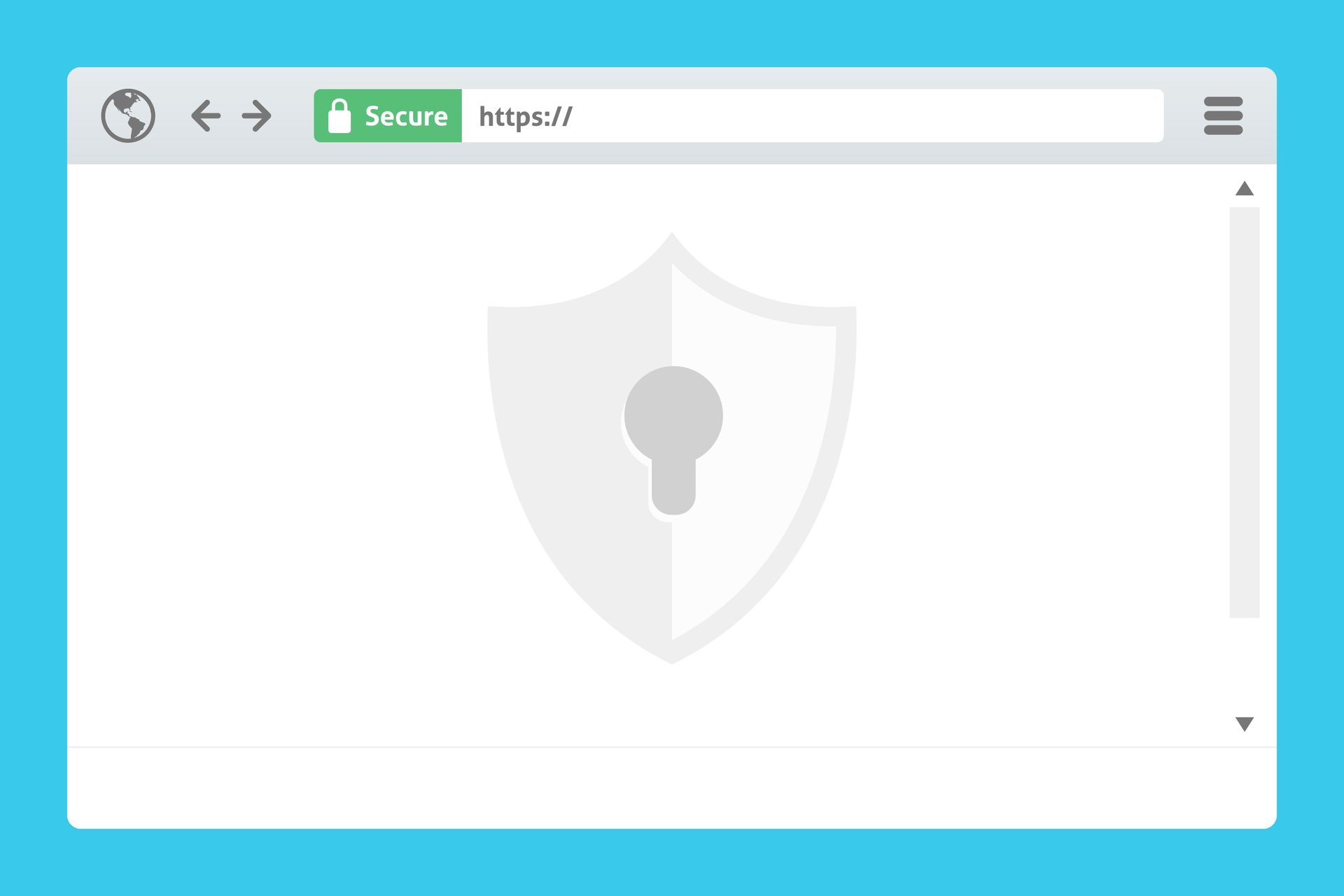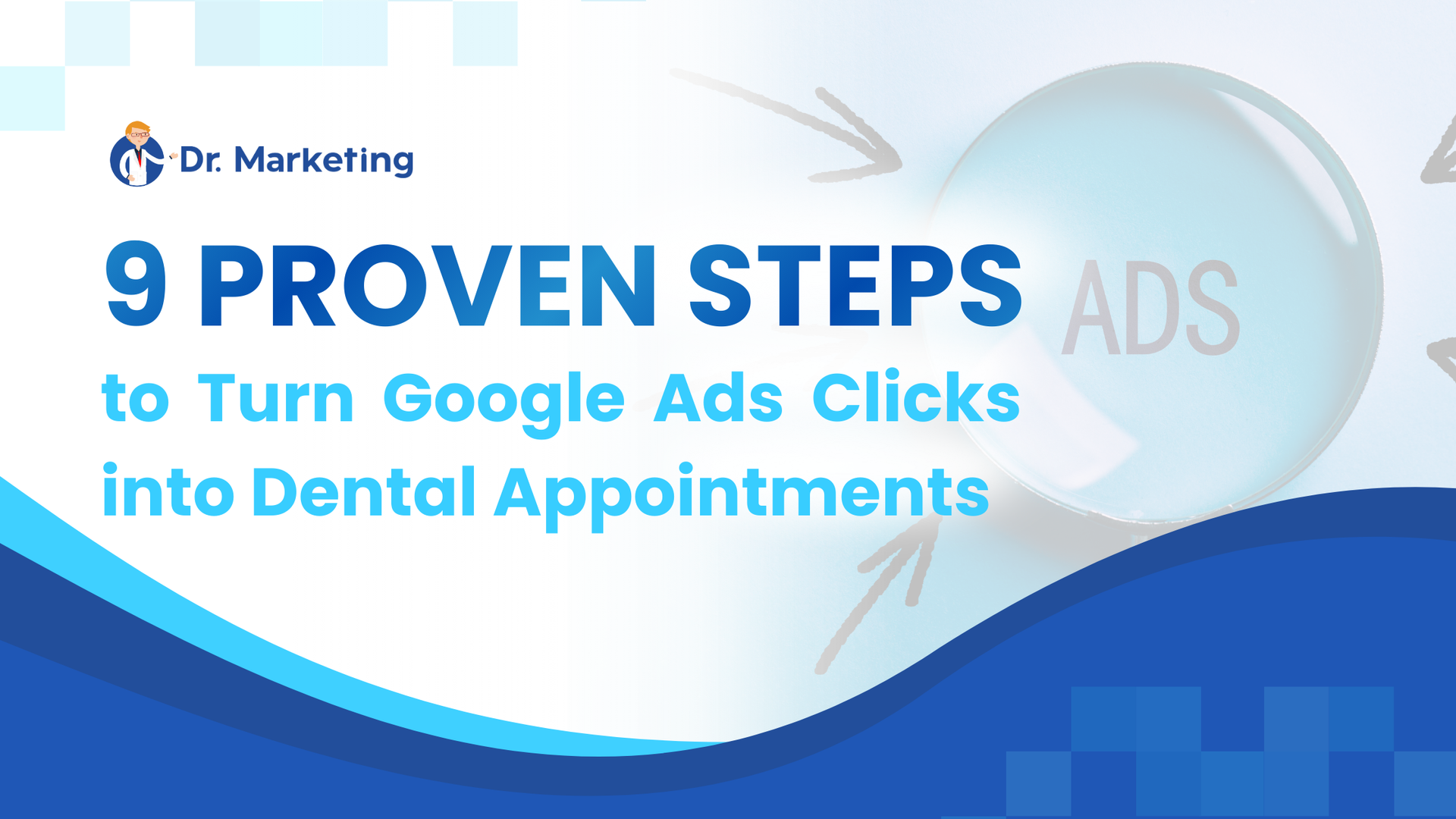Benefits of Having Online Security for Your Business’ Website
Imagine this, one day, you go to check your appointment request file, and it’s empty. As you head over to your website, you find it blank with a blank screen. As you go to your personal email to contact your budget website provider, you find hundreds, and I mean hundreds of spam emails. As you start to panic a little more, you receive an email from a client, that their identity has been stolen. Then, another email, and another, and another… and all signs are pointing back to your website. It’s been hacked.
Scary thought isn’t it? In a matter of seconds hackers, viruses, and worms can break into your website, change or erase the content, steal personal information, steal client information, or worse… shut it down completely. Having a secure website should be non-negotiable for your business. There are a few different features that should be installed both on the back end of your website and also on your computers. Let’s explore the different security measures you should be utilizing as well as the benefits of having online security for your business’ website.
Different Types of Security to Have on Your Business’ Website
SSL Certificate
An SSL Certificate is placed on the backend of your
business’ website. SSL stands for Secure Sockets Layer - It is a digital lock (or small data files) that is placed on
your business’ or organizations online information. This lock binds together your domain name ( www.yourbusiness.com
) and your
business’ identity and location (your business, 123 yourbusiness street,
Canada). If this safety measure is activated, you will see HTTPS before
your website address (pictured above) – as opposed to the typical HTTP.
*the name of this technology has recently been updated – an SSL Certificate is now referred to as Transport Layer Security (TLS), for your reference they are the same.
Many browsers notify users when a website does not have this security feature activated, it tells them that the website they are visiting is putting their computer and identity at risk, and they should stay away. This certificate/safety measure is probably the most popular and important one available for your business’ website. It’s become fairly known by everyone that a website with HTTPS is safe to use, and more importantly, to do business with.
Monitoring Tools
A website monitoring tool is an extra security measure that isn’t mandatory, but is extremely beneficial. There are several versions of it, with different variations, but the most important feature tests your website regularly. It can detect any holes or issues in the coding that allow viruses or unknown users to enter the backend of your website. It also prevents phishing and hacking, and alerts you or the website manager of the threats and risks.
The monitoring tool will:
- Protect from XSS attacks – this type of attack is injected into your website. It inserts malicious script and data into your website. It is virtually impossible for a new or regular user to see the difference and detect the threat. The threat imposed can vary from a simple computer virus, to a hard drive theft and wipe.
- Provide Analysis Reports – website coding is a sensitive matter. One incorrect number, letter, or symbol can shut down pages or parts of your website. Monitoring tools share the errors that your visitors see (like 404 error code), so that you or your website management team can resolve and prevent future issues.
- Insights – shares information on new security features that are available. It also ensures that the features already installed are properly installed and run efficiently.
IPS/IDS (Intrusion Prevention System/Intrusion Detection System)
Both of these systems protect your website on the back end. It increases the security level of your network by acting as a stronger firewall. The first part of this system, IDS, acts differently than a firewall. Instead of blocking the attack, it notifies system administrators to resolve the issue. This helps website builders create stronger, better codes for your website that are impenetrable to viruses and bugs that can be transferred to computers. The second part, IPS, controls IT networks that are connected to the servers for your business. It protects your system from attacks and abuse by rerouting and creating strategies against them. For example, directing the virus to a firewall which destroys the threat in its path.
Benefits of Having Online Security for Your Business’ Website
Identities are Safe
Online Identity Theft is serious – records show that over 9
million Americans report having their identity stolen each year. Identities can
be stolen through credit card purchases, unsecured websites, phishing, and
hacking. There are so many ways people are put at risk, just by going online –
you don’t want your website to be one of those risks. By having security
features on your website, you're ensuring that your potential client’s identities
are safe. When someone enters their information through an online form or
appointment request, that information goes to you, and you only. There are also
no viruses or potential threats placed on the back-end of your website that transfer
onto a visitor’s computer.
In addition, your personal information stays safe. When you register for a website, or purchase hosting, there is some basic personal information that the system needs – full name, email, address, etc. This information is connected to your website (for safety reasons, so that you are the owner, or that your website can be traced back to you if any issues arise) and it can be visible to anyone, unless you have the proper security measures in place. With your information visible, you can be open to spam emails, phone calls, skimming, shoulder surfing or fraudulent reports that can lead to identity theft. A website that is protected by SSL certificates, IPS, IDS, and monitoring tools, is able to protect the personal information of not just the business, but also their clients.
Improved Search Engine Ranking
Websites that are backed by security features like SSL/TLS certificates have a higher chance at being ranked first on Search Engines like Google, Yahoo, and Bing. Search Engine software is designed to provide the best results for the searcher. They are looking for websites that have the most accurate and up to date information. In that, there are certain factors that help them yield this result – and a website that is backed by security features is one of them. Search Engines will boost a website with HTTPS over HTTP because it seems like the more accurate option. A website that is backed by security is less likely to include inaccurate or out of date information.
Learn more about SEO Strategies, and Creating one for Your Business
Check out our 7 SEO Tips for Business Owners, Professional Practices, and Entrepreneurs
The Biggest Benefit of Website Security
The biggest benefit of having online security is just that, your website is secure from the various hackers, viruses, and worms online, your website needs to face every day. One of the most important security features your website needs to have, protects identities. As the business owner, your information (name, address, email, possibly credit card information, etc.) is attached on the back-end with your website host. Without security features like an SSL Certificate, this information is readily available. It can be used to send you spam, to steal your website or content, or even worse… your identity. The SSL certificate also helps to protect your clients and anyone who submits their information on your website’s forms. As a professional business, you want to assure clients that any personal information they share with you, online, is safe.
All websites created by Dr. Marketing are secured by an SSL Certificate, Monitoring Tools managed by our professional team, and Intrusion Prevention/Detection Systems.
We are your online marketing specialists. Dr. Marketing offers custom websites, domain names & transfers, directory listing management, custom & secure webmail, SEO, and more. We specialize in working with dental, legal, and finance firms. For a free 1-hour consultation, please schedule an appointment by clicking the call us button below. We look forward to taking your business to a new level of secure.










